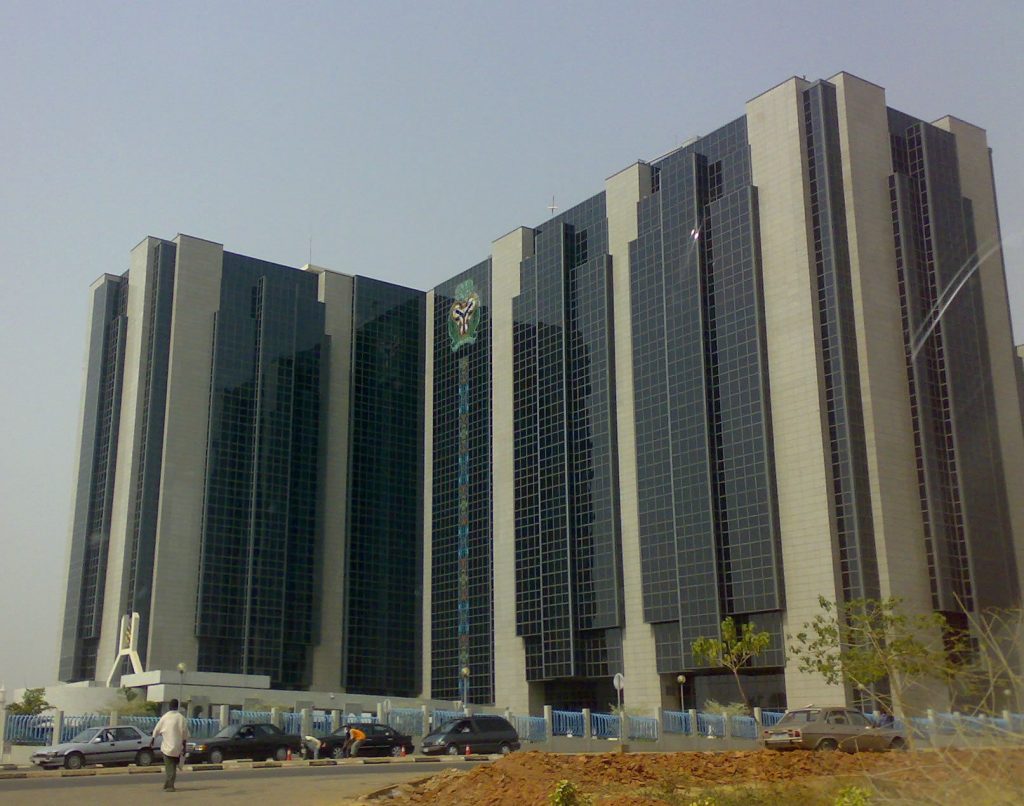CBN directs banks to halt implementation

The Central Bank of Nigeria (CBN) has instructed banks, payment service providers and other financial institutions to halt the collection of the cybersecurity levy as previously announced by the apex bank in line with the Cybercrime Prevention and Prohibition Amendment Act of 2024.
In a circular dated May 17, 2024, and jointly signed by Chibuzor Efobi, director of payments system management, and Haruna Mustafa, director of financial policy and regulation departments, the CBN indicated that its earlier statement on the subject has been withdrawn.
The circular titled: “Cybercrimes (Prohibition, Prevention, Etc.) (Amendment) Act 2024 – Implementation Guidance on the Collection and Remittance of the National Cybersecurity Levy” was addressed to all commercial, merchant, non-interest, payment service banks, other financial institutions, mobile money operators and payment service providers.
“The Central Bank of Nigeria circular dated May 6, 2024 (Ref: PSMD/DIR/PUB/LAB/017/004) on the above subject refers. Further to this, please be advised that the above-referenced circular is hereby withdrawn”, it simply said.
Read more: Nigerians to start paying 0.5% cybersecurity levy
The decision follows a directive by the president following a resolution of the House of Representatives that the federal government and the apex bank should pause the implementation of the 0.5 per cent cybersecurity levy in light of the economic hardship faced by many citizens.


More about the controversial Cybersecurity Fund Tax
Two weeks ago (on May 6, 2024), the Central Bank of Nigeria issued a circular ordering commercial banks, Payment Service Providers and others to begin the collection and remittance of a 0.5% cyber security levy off all transactions.
This, the circular said, is in line with the provisions of the amended 2024 Cybercrimes Prohibition and Prevention Act. The CBN’s earlier circular stated:
“Following the enactment of the Cybercrime (Prohibition, Prevention, etc) (Amendment) Act 2024 and under the provision of Section 44 (2)(a) of the Act, “a levy of 0.5 per cent (0.005) equivalent to a half per cent of all electronic transactions value by the business specified in the second schedule of the Act, is to be remitted to the National Cybersecurity Fund (NCF), which shall be administered by the Office of the National Security Adviser (ONSA).”
The circular indicates that the funds will be remitted to the National Cybersecurity Fund (NCF), a fund that will be managed by the Office of the National Security Adviser (ONSA) but domiciled with the CBN.
The term Cybersecurity, according to the act, refers to the practice of protecting computer systems, networks, programs, and data from digital attacks, unauthorized access, damage, or theft. It encompasses various technologies, processes, and practices designed to safeguard information and ensure the confidentiality, integrity, and availability of data.
Funds to be paid into the account include levies imposed on electronic transactions, grants from donor agencies, contributions from individuals and organizations, appropriations by the National Assembly, and other accruing assets. The Act also ensures that all funds channelled into the National Cybersecurity Fund are exempted from income tax.
Businesses identified under the Act are required to remit the levy—set at 0.005 per cent of electronic transactions—directly into the Fund within a stipulated period of 30 days. Experts believe that this direct contribution mechanism aims to streamline the funding process and ensure timely resource allocation.


In addition, the Act stipulates that a portion of the Fund, not exceeding 40 per cent, may be allocated towards programs addressing the pressing issue of Countering Violent Extremism (CVE).
Following the announcement, the cybersecurity levy drew angry reactions from citizens, unions, civil rights groups, political oppositions and the national assembly. Most people complained that the timing was wrong and that the new levy to the already high cost of living and doing business in the country.
Similar: Cybersecurity levy: Peter Obi accuses FG of milking a dying economy
In the wake of the outcry, the federal government through the Minister of Information announced the suspension of the levy pending some form of review in the future.



